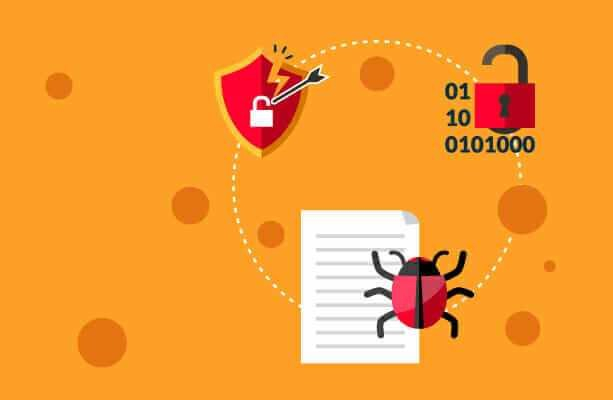What Happens When An App I Use Has Its Data Exposed?

The unfortunate reality is when you use apps they contain your information. And sometimes that information can fall into the wrong hands. There have many apps affected by data breaches including the popular avatar app Boomoji, which inadvertently exposed personal data on five million of its users. When this happens, it’s important to exercise caution and follow these best practices.
Keeping Your Information Safe After a Data Breach
First, it’s important to learn what information the hackers had access to. Often, many websites including ours reveal information when these breaches happen. You can also check the app’s permissions to see the type of information they collect.
Sometimes, it can be as simple as your phone number or email address. Other times, it can involve a lot more such as your Social Security Number, driver’s license information, address, and name–thanks Equifax. From there, it helps you build a framework for action.
In many instances, it’s a good idea to start with your passwords. Refreshing them and keeping them away from personal keepsakes such as your birth date, address, etc. is a good way to prevent hackers from obtaining even more information.

Reviewing social media and email accounts helps you to identify any risks and shut them down before they spread.
Next, you’ll want to do a regular review of your email and social media accounts. For email, check the sent folder to ensure you’re sending all your messages. Meanwhile, for social media accounts, inspect your messages and the people you follow lists to make sure they are correct. One telltale sign a hacker compromised your account is by sending spam messages to users. If you notice any signs of spamming, change your passwords and notify your friends and family to disregard any messages you didn’t send.
Furthermore, for extensive hacks involving sensitive financial data, it’s important to notify your bank, lender, and credit bureaus of the data leak. In the case of the bureaus, you can freeze your credit while you work through the hack–this prevents others from opening accounts in your name.
Lastly, you should run a scan of your device using anti-virus and anti-malware software. This will enable it to pick up any corruptions on your system before they can do more damage.
Signs You Have Malware
Speaking of which, sometimes you can do everything right and malware still infects your device. How do you know you have it? Here are some signs:
- Your web browser or mobile apps shut down regularly and this is a new development.
- It takes forever for your device to load files.
- Missing files on your device.
- Your computer or phone has low memory.
On the last point, as malware corrupts your device it takes much in the way of memory. So much so it compresses your files, rendering them inaccessible.
When this happens, turn to the team at Outsource Data Recovery. We make file recovery easy by giving you a free, no-obligation quote. Simply, mail us your device and we’ll investigate it. From there, we’ll offer applicable solutions so you have the information you need. In turn, you can feel confident you’re making the right decision. To get the process started, contact us today!